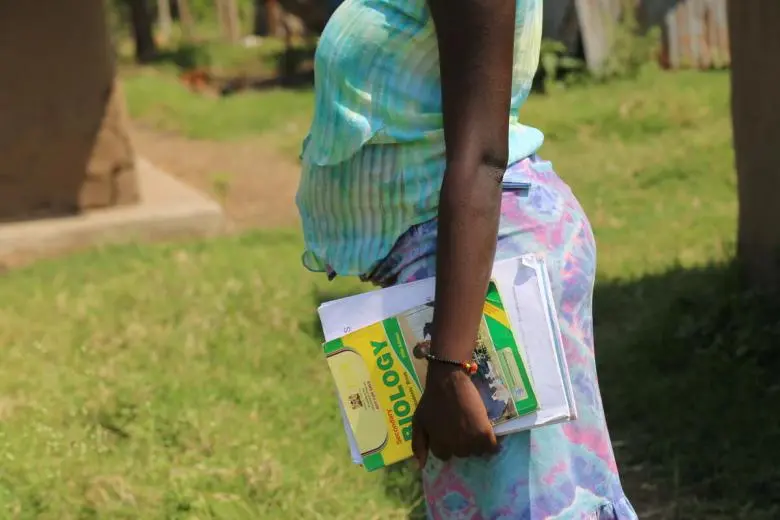Players in reproductive health now want all African countries to implement a charter that calls for the eradication of retrogressive practices such as child marriages and Female Genital Mutilation.
Coalescing under Reproductive Health Network Kenya, stakeholders in the representative health field have accused many African governments of failing to effectively implement the Adolescent and Youth Sexual and Reproductive Health and Rights Services (AYSRHR) commitments.
The stakeholders say some countries, which had even signed key commitments have slid back on the charter.
Speaking after a three-day conference in Nairobi, the participants blamed the sluggish implementation of AYSRHR commitments to weak governance structures and failed coordination.
The stakeholders further singled out limited institutional capacities, inadequate coordination among different government departments, and inconsistencies in policies, laws, and regulations related to AYSRHR as major barriers to effective localisation of the AYSRHR commitments.
“Some existing laws and policies are outdated, lack clarity, or are in conflict with international standards, making it challenging to implement; deep-rooted harmful socio-cultural norms, attitudes, and taboos around sexuality, gender, and reproductive health impedes the localisation of AYSRHR commitments,” the participants said in a statement.
They further cited limited knowledge and understanding of sexual and reproductive health issues among adolescents, youth, parents, and educators as a hindrance to the adoption of healthy behaviours, informed decision-making, and the utilisation of available services.
The contributors called for universal access to comprehensive sexuality education, reproductive healthcare services, and contraception.



